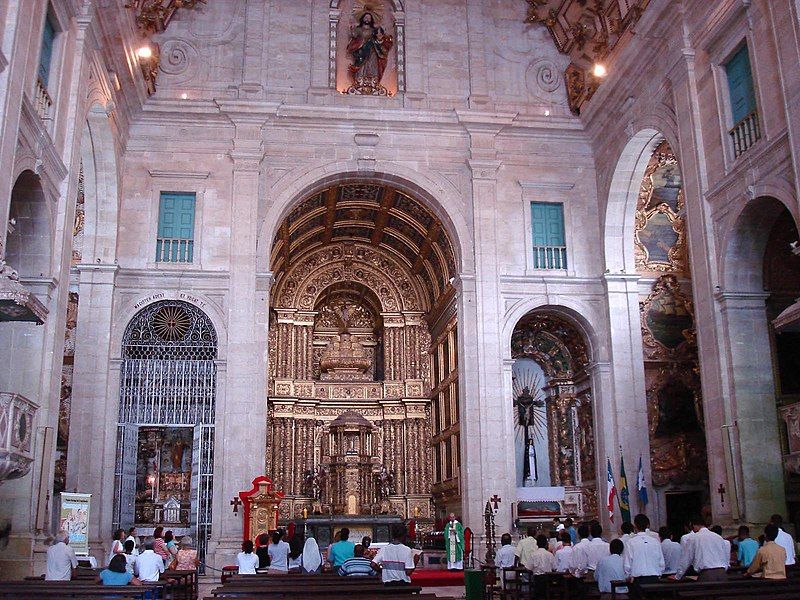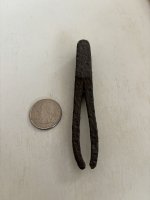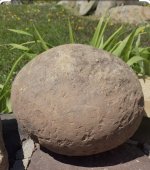Oroblanco
Gold Member
- Jan 21, 2005
- 7,838
- 9,830
- Detector(s) used
- Tesoro Lobo Supertraq, (95%) Garrett Scorpion (5%)
Cactusjumper wrote
Jesuit Lay Brothers are members of the Society of Jesus whom have not risen to the full rank of priest. I am sure that our amigo Lamar could explain this status fully. Much of the general, non-religious work of the missions was done and/or supervised by Lay Brothers, and I have often wondered just how Amerindians were supposed to recognize any difference.
If you are asking what is meant by "Aragoneses" it refers to their country of origin, Aragon, these two intrepid prospector-explorers whom were Jesuit Lay Brothers hailed from.
Roy ~ Oroblanco
Roy,
Can you tell me what this means?:
"Aragoneses <Jesuit LAY BROTHERS>"
Thank you in advance.
Jesuit Lay Brothers are members of the Society of Jesus whom have not risen to the full rank of priest. I am sure that our amigo Lamar could explain this status fully. Much of the general, non-religious work of the missions was done and/or supervised by Lay Brothers, and I have often wondered just how Amerindians were supposed to recognize any difference.
If you are asking what is meant by "Aragoneses" it refers to their country of origin, Aragon, these two intrepid prospector-explorers whom were Jesuit Lay Brothers hailed from.
Roy ~ Oroblanco






















